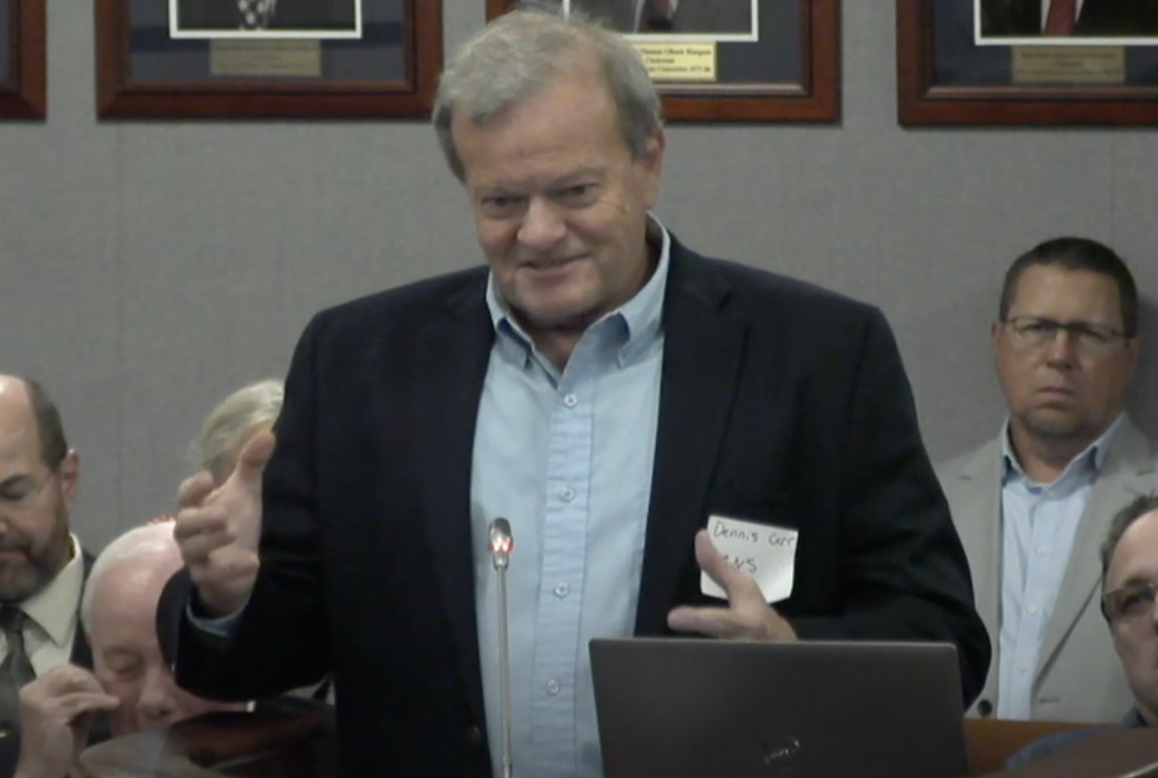
The Savannah River Site is hitting its self-imposed milestone to complete 60% of the design of the site’s plutonium pit facility, construction on which could start by December 2025, the head of the site’s prime contractor said Tuesday in a public meeting.
“You’re talking somewhere between August and December of ‘25 is where I see that happening,” Dennis Carr, chief executive officer of Savannah River Nuclear Solutions, the Fluor-led prime contractor at Savannah River Site, told the South Carolina Nuclear Advisory Council on Tuesday.
Carr updated the council on construction at Savannah River Plutonium Processing Facility (SRPPF) and other milestones.
“But again, we’re not trying to wait around for the paper, right?” Carr said. “We’re trying to go on forward with the site, prep, individual discrete packages and run down each one of those critical paths. So those three critical paths all have sub projects that we’re proceeding on.”
The Critical Decision (CD) 2/3 date for SRPPF went public in September of this year with a declaration by Brian Schepens, deputy director of the Savannah River Acquisition and Project Office, in a lawsuit between the Department of Energy and environmental groups in the area.
The December 2025 date is a little earlier than what the National Nuclear Security Administration predicted in March in its 2025 budget request: CD2/3 by the end of June 2026.
In the three year-old lawsuit between DOE and environmentalists, both parties this week were to begin negotiating a “middle ground” at the judge’s instructions. In the lawsuit, judge ruled that the defendants, consisting of the Department of Energy and its semiautonomous National Nuclear Security Administration, did not adequately review the effects of producing nuclear-weapon fissile cores through the National Environmental Policy Act.
The environmentalist plaintiffs had asked for an injunction to stop construction of SRPPF. In one of Schepens’ declarations in the suit, he said that halting construction while the National Nuclear Security Administration conducted an approximately 18-month environmental analysis could delay completing SRPPF by five years.